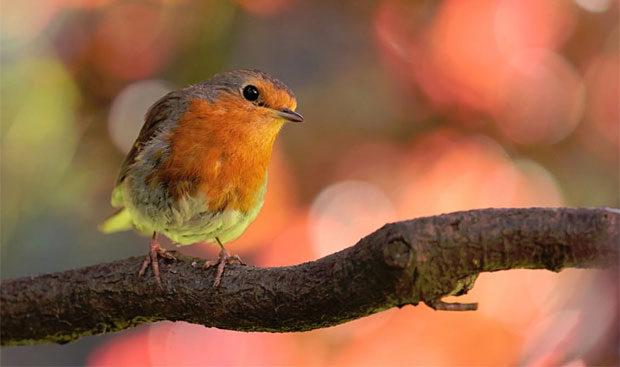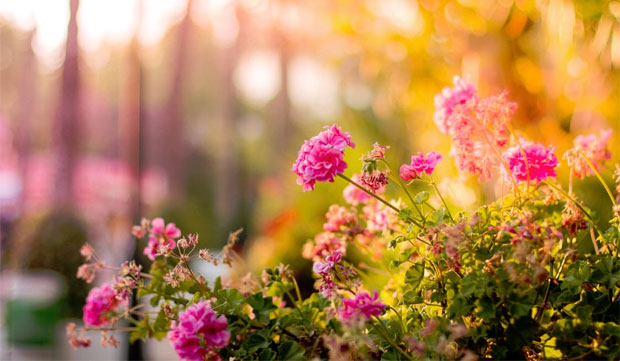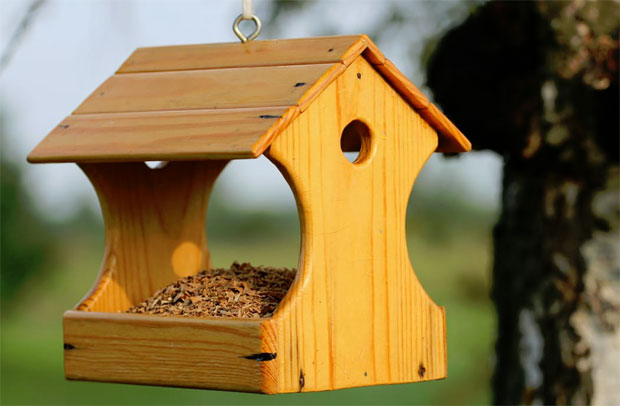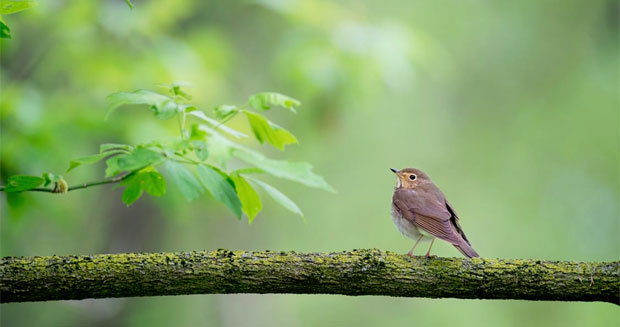Advice on Caring for Wild Birds in Winter

Advice on Caring for Wild Birds in Winter – The Do’s and Don’ts
Feeding birds in your garden is a lovely thing to do all year around but helping out in the winter is extra important and when doing so you need to pay attention to your feathered friends to ensure you do what’s best for them. As it gets colder, it becomes more difficult for birds to find food and to survive so follow these tips by pet supplies company Feedem when caring for your garden visitors this winter.
- Do leave out high-energy food
Winter provides difficulties for birds to find food, especially if it’s icy or snowy. If a bird fails to find snow, its body fat levels can drop meaning it is more vulnerable to both the cold and infections.
Combat this by placing high-energy, nutritious food on your bird tables and in feeders. For example, high-calorie bird seed and meal worms are a great choice. You could also make the most of your kitchen leftovers but be selective in what you put out. Things like porridge oats, unsalted bacon, cooked rice, pasta, pastry and the insides of cooked potatoes can all help your bird visitors.
Going down the leftover route is a great way to put your food waste to good use, but in general it’s best to stick to a specially formulated wild bird seed because that is packed with exactly the nutrients that the birds need, so you’ll know that they’ll be well prepared to see out the winter.
- Don’t leave out turkey fat or stale bread
The leftovers mentioned above are good choices but there are certain types of food that you should avoid when it comes to feeding wild birds.
Throwing the fat from your turkey to the birds would be a bad idea because it can coat their feathers and cause damage to their plumage. Plus the trimmings also go off quickly and that could be harmful to birds too.
Also, avoid giving them any high-salt foods as salt is actually toxic to birds — they cannot process it. If you’re in doubt about anything, don’t feed them it — it’s better to be safe than sorry.
- Do add floating items to bird baths to stop them freezing over
Water can also become scarce in winter, especially when the temperature hits below 0 and the birds’ water supply can freeze.
The simple solution to prevent this is to drop a twig or a ping pong ball into the water. The floating item will cleverly prevent ice from forming. Never add anti-freeze to the water as this is extremely toxic to all animals, not just birds.
- Don’t place bird houses near your feeders
If you’re providing bird houses in your garden for shelter for the birds, it’s essential to consider their placement. It’s advisable to always place the houses away from the bird feeders as eating birds can scare away nesting birds from the bird houses.
Place bird houses away from the feeders and out of prevailing weather and always choose a well-insulated bird house to provide extra warmth for your garden guests!
Caring for wild birds is a lovely thing to do. Hopefully these tips will be useful for you!
PR Collaboration. Contains a sponsored link.





